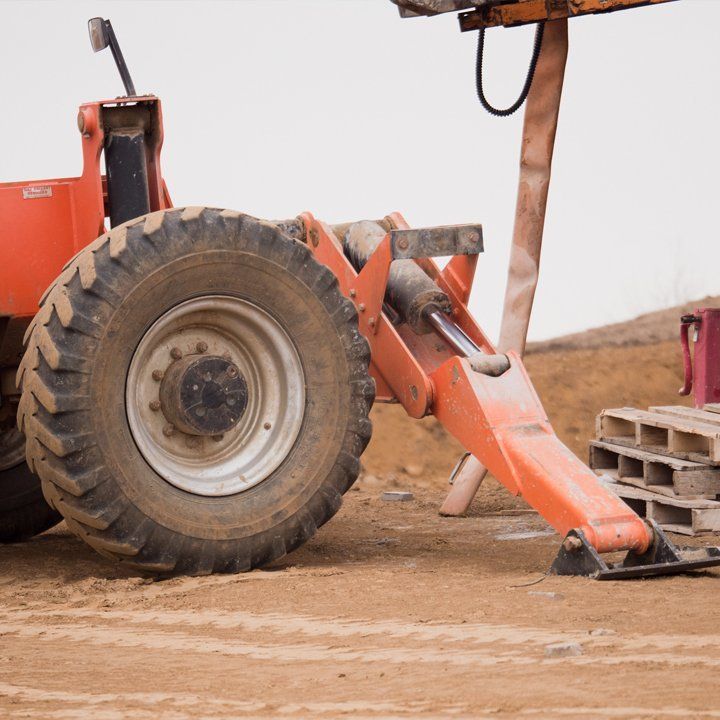
Majority of us always assume or take for granted the importance of taking care of our chimneys. We tend to perceive this type of structure as just any other part of the house and pay little or no attention to it at all. However, chimneys, just like any other structures in the house encounter problems that have to be handled. They are man-made and prone to wear and tear. Without renovating them on time, they may fall down and cause serious injuries to people or nearby properties. Here are some warning signs that your chimney needs some repair.

Brick, stone, or block may last up to 100 years. The mortar joints mainly last for around 20 to 30 years depending on their exposure to different weather conditions. One of the most common forms of repair at this time is mainly tuckpointing. If you happen to see cracks in your mortar or some evidence of damage caused by water, you may ask yourself, "Do I need to have my mortar joints repaired, and when is it a good time to start repairing them?" This a good question that can easily be answered. Below is a list of the most important things you need to know about tuckpointing.

Majority of us always assume or take for granted the importance of taking care of our chimneys. We tend to perceive this type of structure as just any other part of the house and pay little or no attention to it at all. However, chimneys, just like any other structures in the house encounter problems that have to be handled. They are man-made and prone to wear and tear. Without renovating them on time, they may fall down and cause serious injuries to people or nearby properties. Here are some warning signs that your chimney needs some repair.

Brick, stone, or block may last up to 100 years. The mortar joints mainly last for around 20 to 30 years depending on their exposure to different weather conditions. One of the most common forms of repair at this time is mainly tuckpointing. If you happen to see cracks in your mortar or some evidence of damage caused by water, you may ask yourself, "Do I need to have my mortar joints repaired, and when is it a good time to start repairing them?" This a good question that can easily be answered. Below is a list of the most important things you need to know about tuckpointing.


